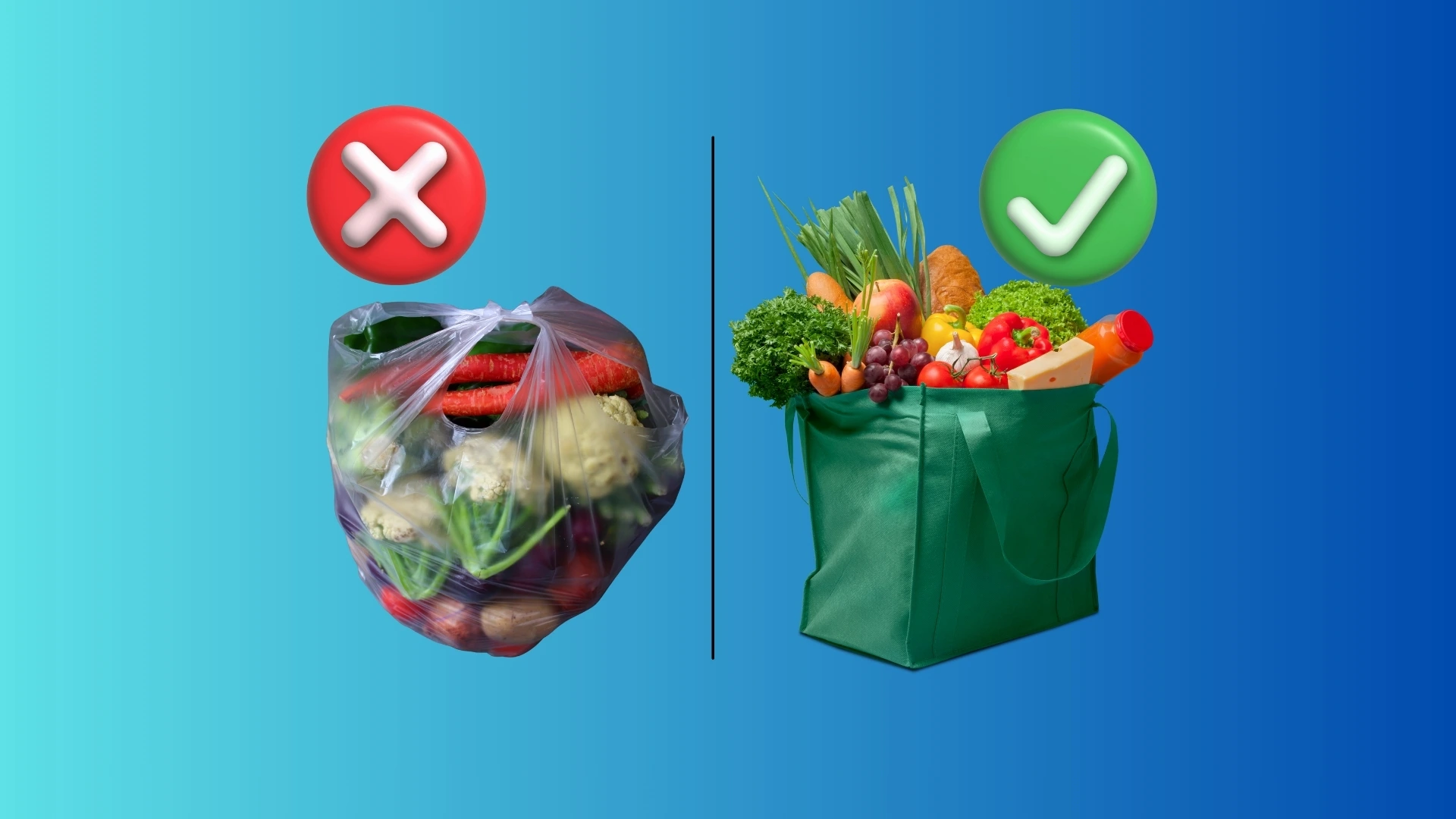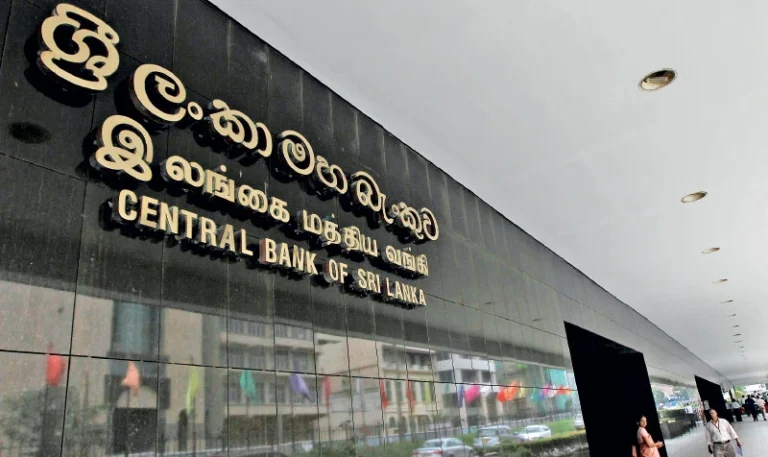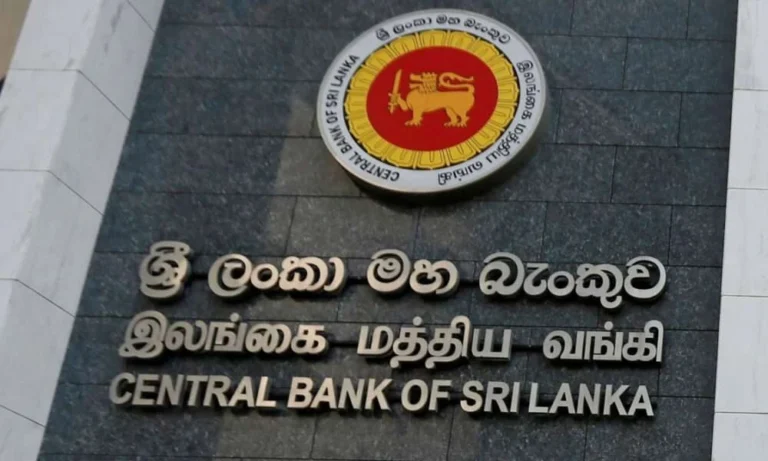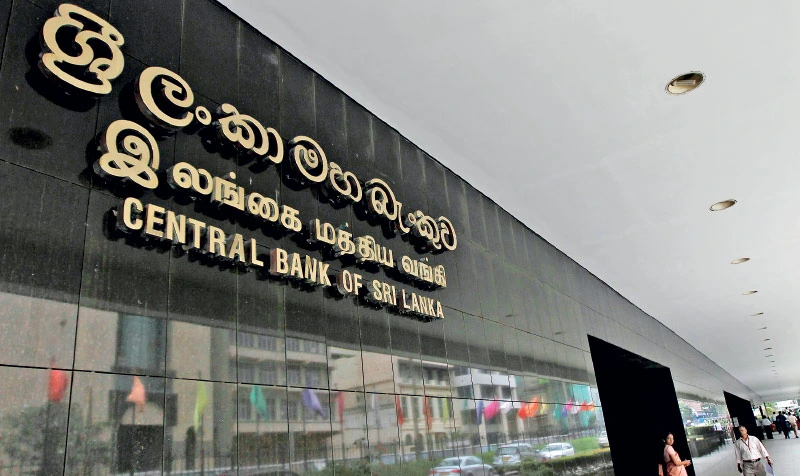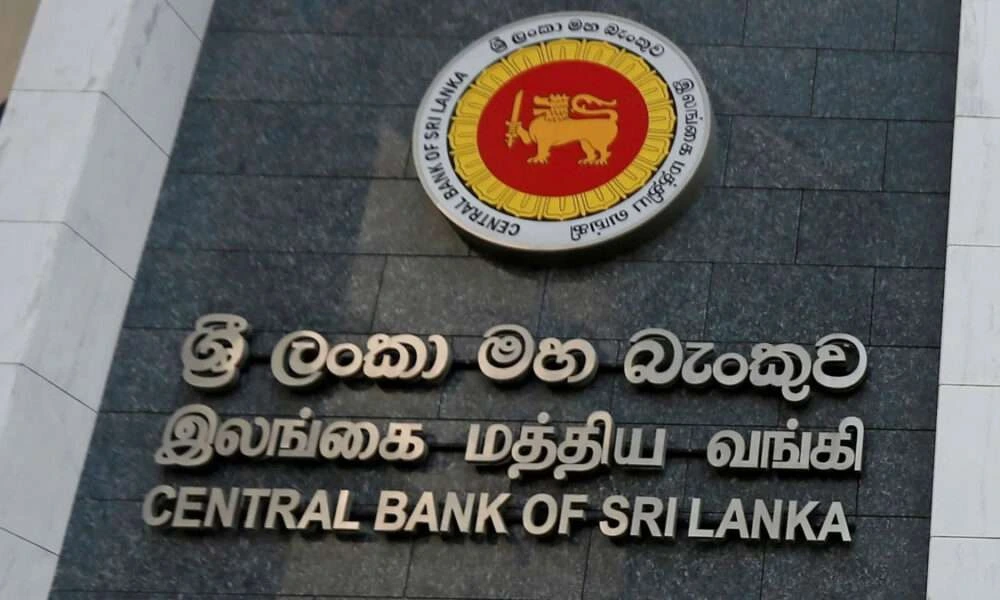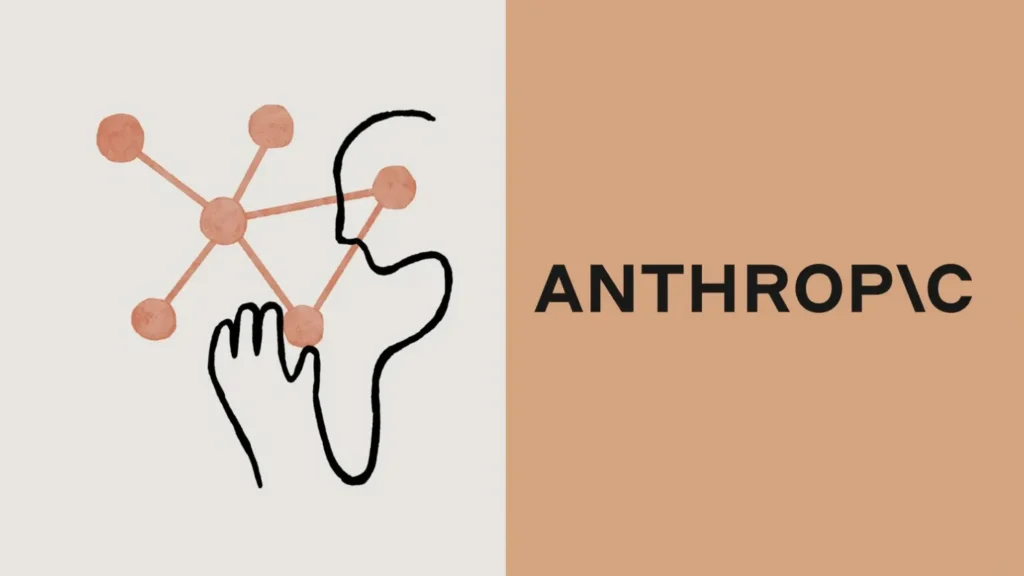In a nation long plagued by the scourge of plastic pollution where beaches once pristine are now littered with discarded “sili-sili” bags Sri Lanka has taken a decisive step forward. Effective November 1, 2025, the government has banned the free distribution of plastic shopping bags in retail outlets, introducing a modest levy to discourage their use. This policy, gazetted on October 1 under No. 2456/41, mandates charges of Rs. 3 for medium handle bags and Rs. 5 for larger ones, applying specifically to low-density polyethylene (LDPE) and linear low-density polyethylene (LLDPE) varieties commonly used in supermarkets. As we mark the policy’s first few days, early indicators suggest it could mark a turning point in the island’s environmental stewardship.
The Plastic Predicament: Why Now?
Sri Lanka’s battle against plastic waste is not new. For decades, the country has grappled with an estimated 20 million plastic bags entering circulation daily, contributing to clogged waterways, harmed marine life, and overwhelmed landfills. Previous attempts, including a 2017 ban on thinner polythene bags, yielded mixed results, with thicker alternatives simply replacing the old ones. The resurgence of free bags post-economic recovery underscored the need for behavioral nudges beyond outright prohibitions.
This latest initiative stems from directives by the Ministry of Environment and the Central Environmental Authority, aimed at fostering a shift toward reusable alternatives. By pricing disposables, the government hopes to replicate successes seen in countries like Ireland and Denmark, where similar levies slashed bag usage by over 90% within a year. In Sri Lanka’s context, the policy aligns with broader sustainability goals, including compliance with international commitments under the UN’s plastic pollution treaty negotiations.
Rollout and Retailer Buy-In
The transition has been swift and coordinated. Major supermarket chains Softlogic Glomark, Spar, Cargills Food City, Laugfs, Arpico, and Keells issued a joint statement affirming their adherence, urging customers to “bring your own bag” to avoid the fee. Retailers are now required to itemize bag charges on bills, ensuring transparency and preventing covert subsidies. This move not only enforces accountability but also generates revenue that could fund recycling infrastructure or awareness campaigns.
Compliance appears robust, with no widespread reports of evasion in the initial rollout. The Consumer Affairs Authority has emphasized enforcement, warning of penalties for non-compliant vendors. For consumers, the change is subtle yet tangible: a few extra rupees per shop, but a potential saving on habitual waste.
Early Impacts: A 50% Drop in Usage
Just three days in, the policy’s teeth are showing. One leading supermarket chain reported a staggering 50% reduction in polythene bag issuance compared to pre-policy levels, attributing the decline to shoppers opting for reusables or forgoing bags altogether. This rapid response highlights the power of economic incentives in altering daily habits far quicker than education alone might achieve.
While comprehensive national data is pending, anecdotal evidence from urban centers like Colombo points to increased sightings of cloth totes and eco-bags at checkouts. The Central Environmental Authority has ramped up public messaging, with campaigns promoting “bag-free Fridays” and incentives for reusable carriers. If sustained, this could translate to millions fewer bags polluting Sri Lanka’s rivers and coasts by year’s end.
Challenges and Public Sentiment
Not all reactions are unqualified praise. Some small vendors express concerns over administrative burdens, while budget-conscious families in rural areas worry about the added cost amid inflation. Critics argue the levy might disproportionately affect low-income households, though proponents counter that reusable bags, often available for under Rs. 100, offer long-term savings.
Overall, sentiment leans positive, with environmental groups hailing it as a “long-overdue victory.” The policy’s success will hinge on equitable enforcement and complementary measures, such as expanded recycling access and alternatives like paper or biodegradable options.
Looking Ahead: Toward a Greener Ceylon
As Sri Lanka navigates this plastic pivot, the bag levy serves as a microcosm of proactive governance: small fees yielding outsized environmental gains. If the 50% drop holds, it could inspire bolder actions perhaps extending levies to other single-use items like straws and Styrofoam.
For citizens, the call is clear: embrace the reusable. Governments, too, must follow through with investments in waste management. In the spirit of Ceylon’s resilient public spirit, this policy reminds us that collective small changes can reclaim our island’s natural beauty.
What are your thoughts on the bag levy? Have you switched to reusables? Share your thoughts with us.
Follow Ceylon Public Affairs for in-depth analysis on governance, environment, and society in Sri Lanka.

